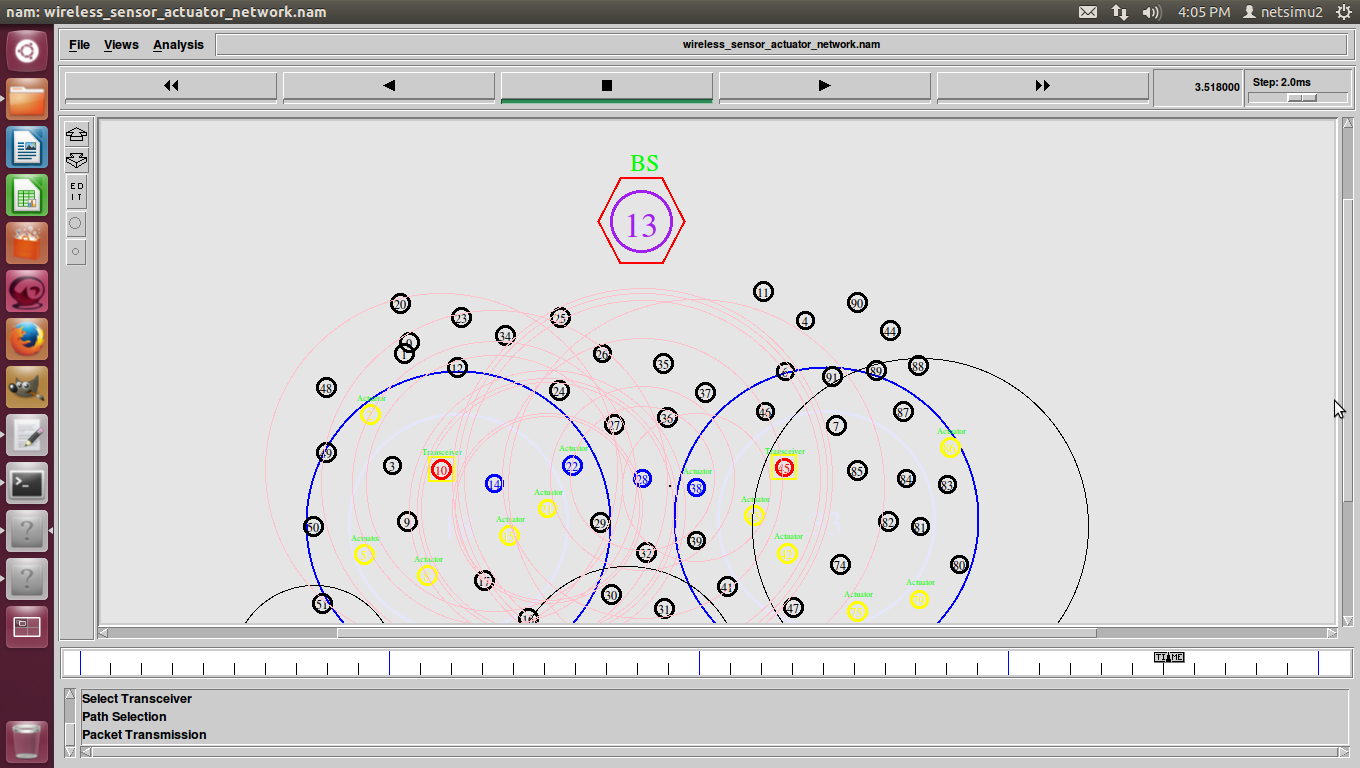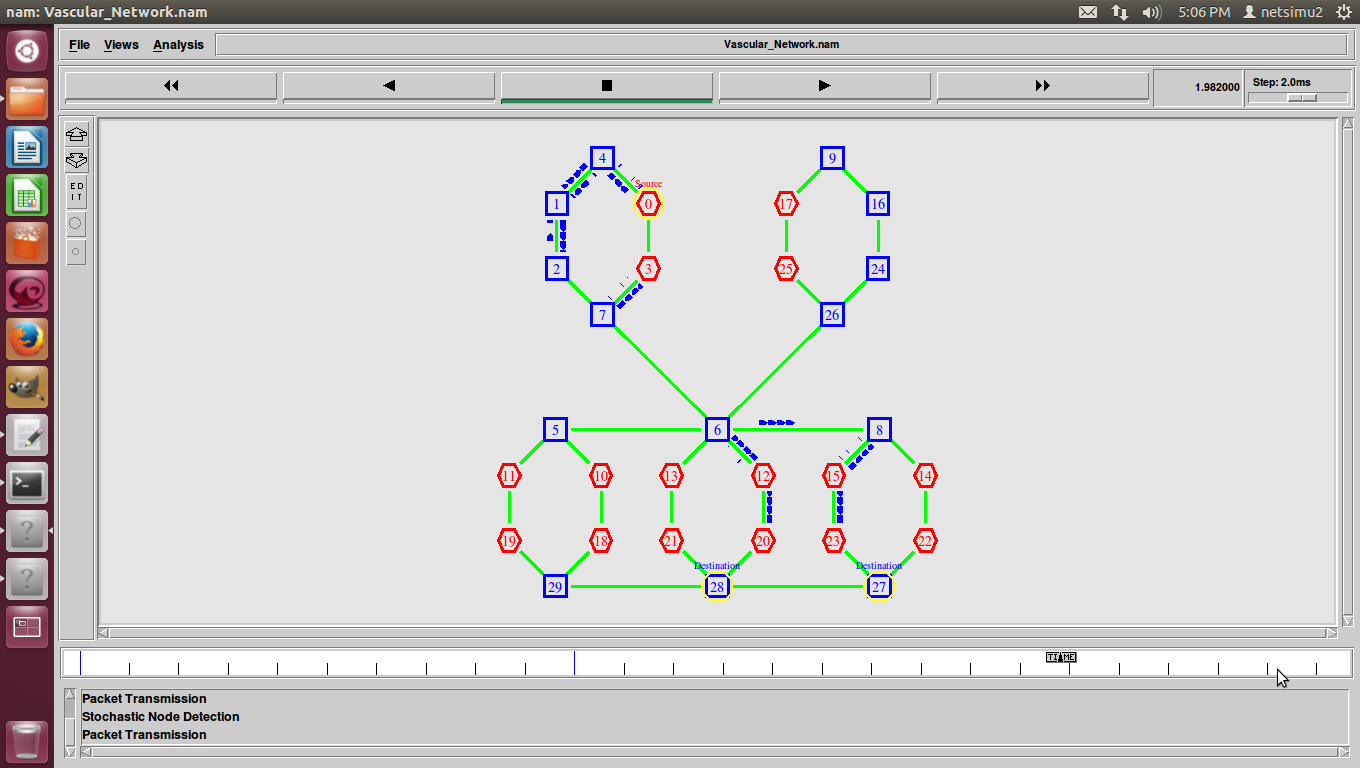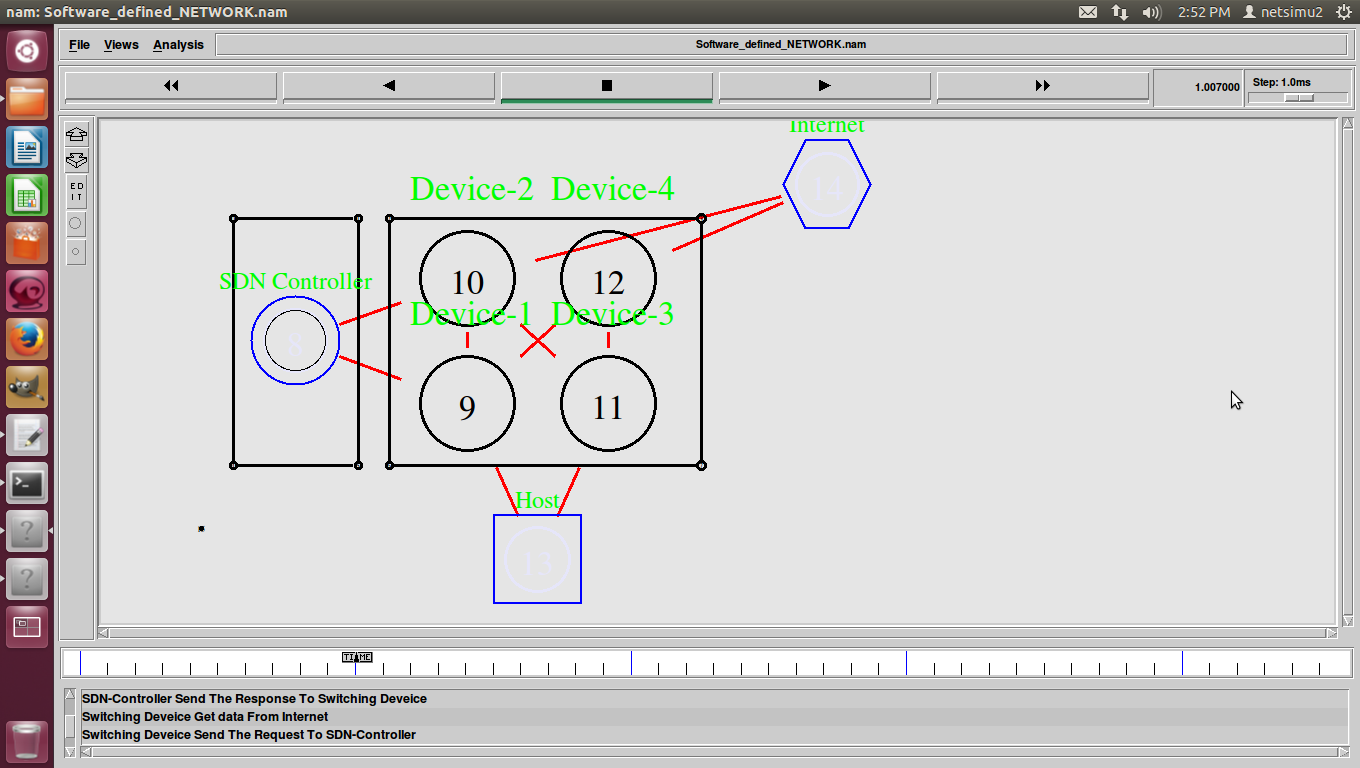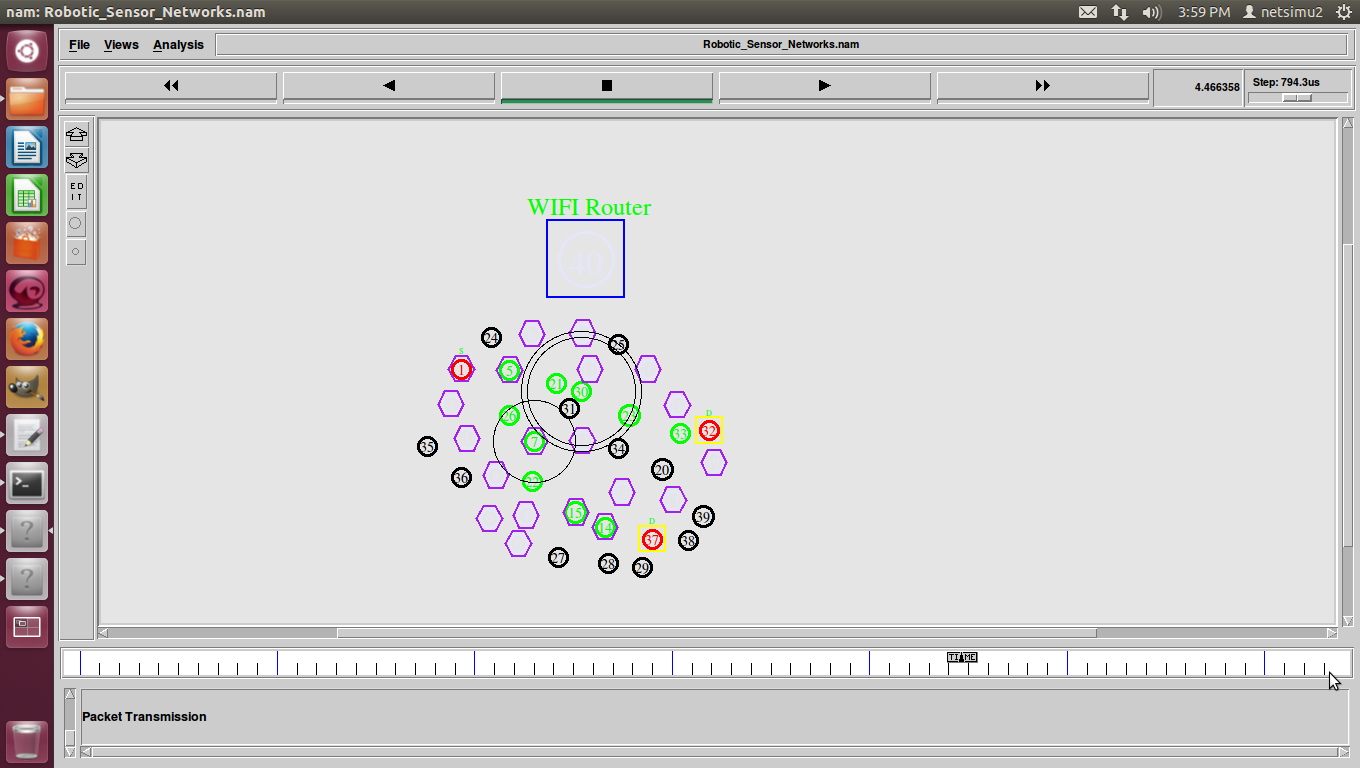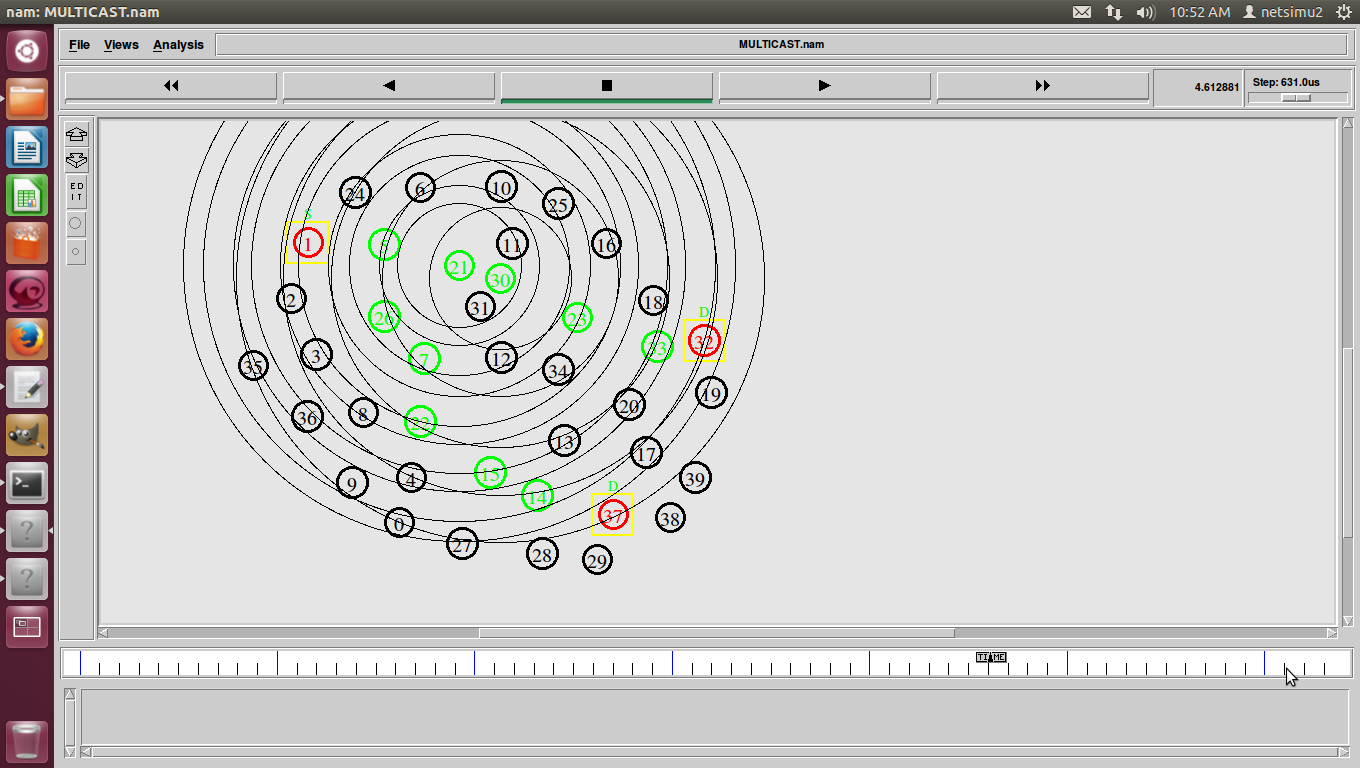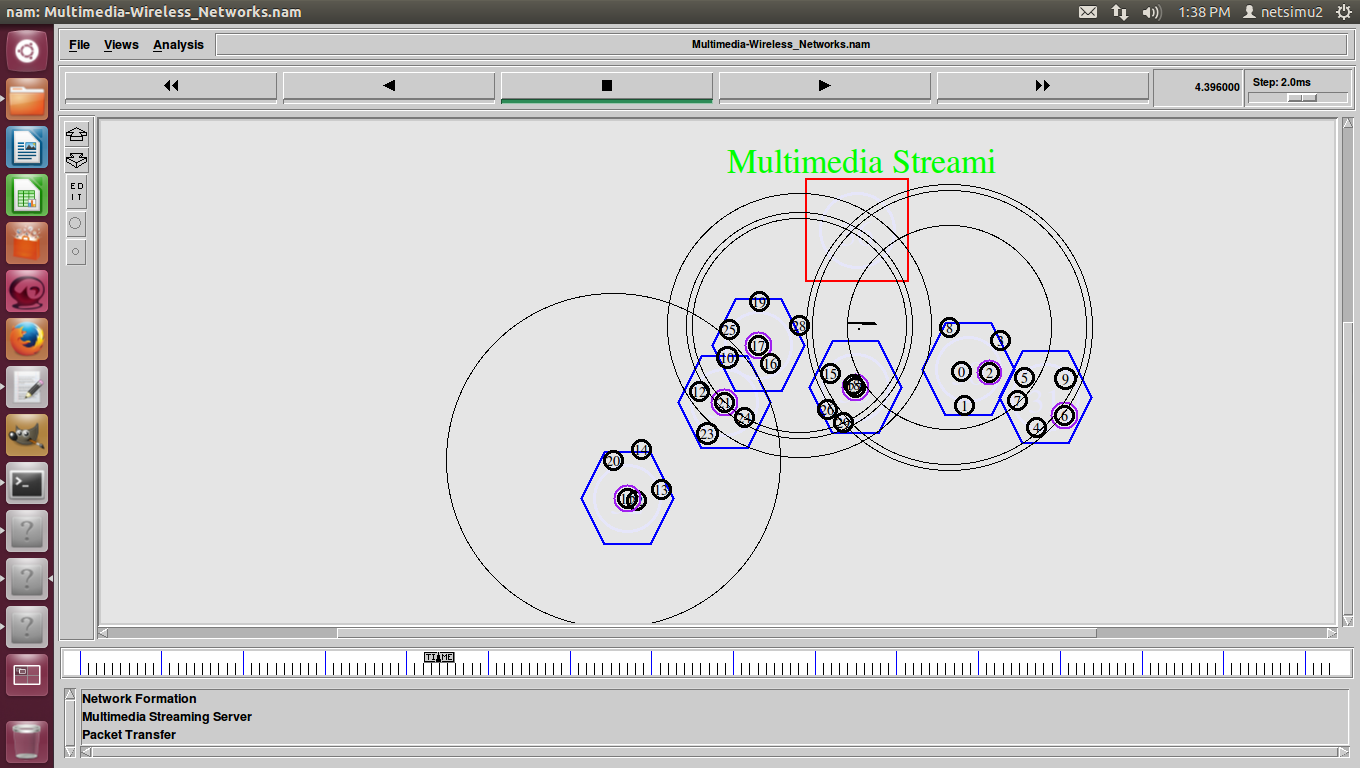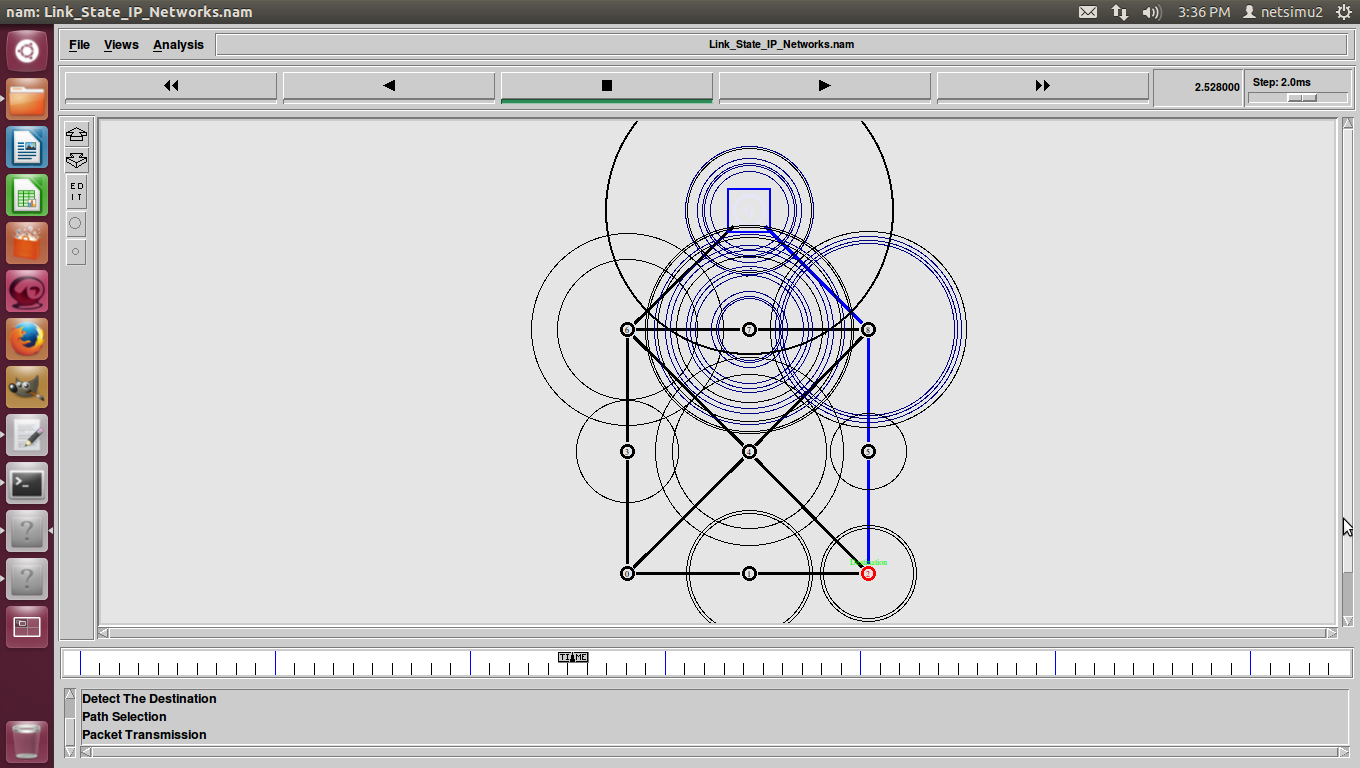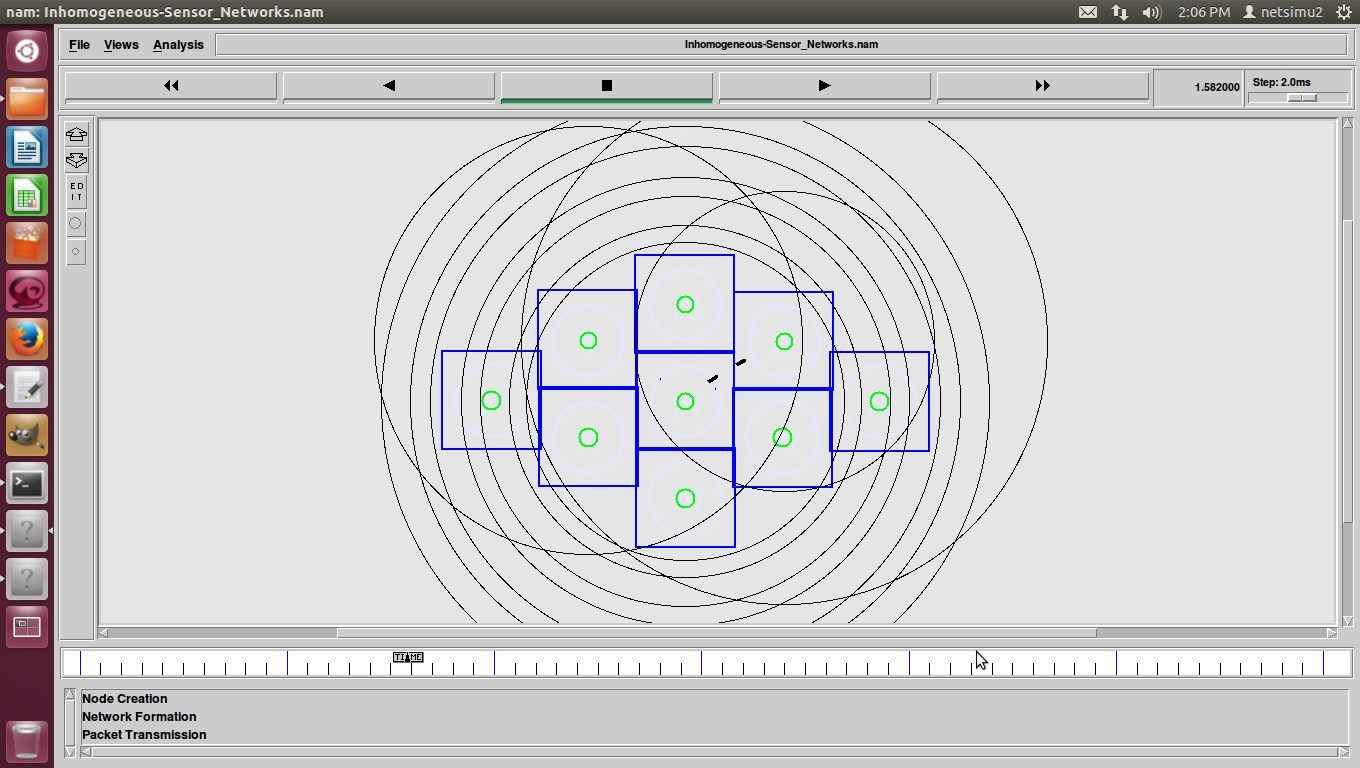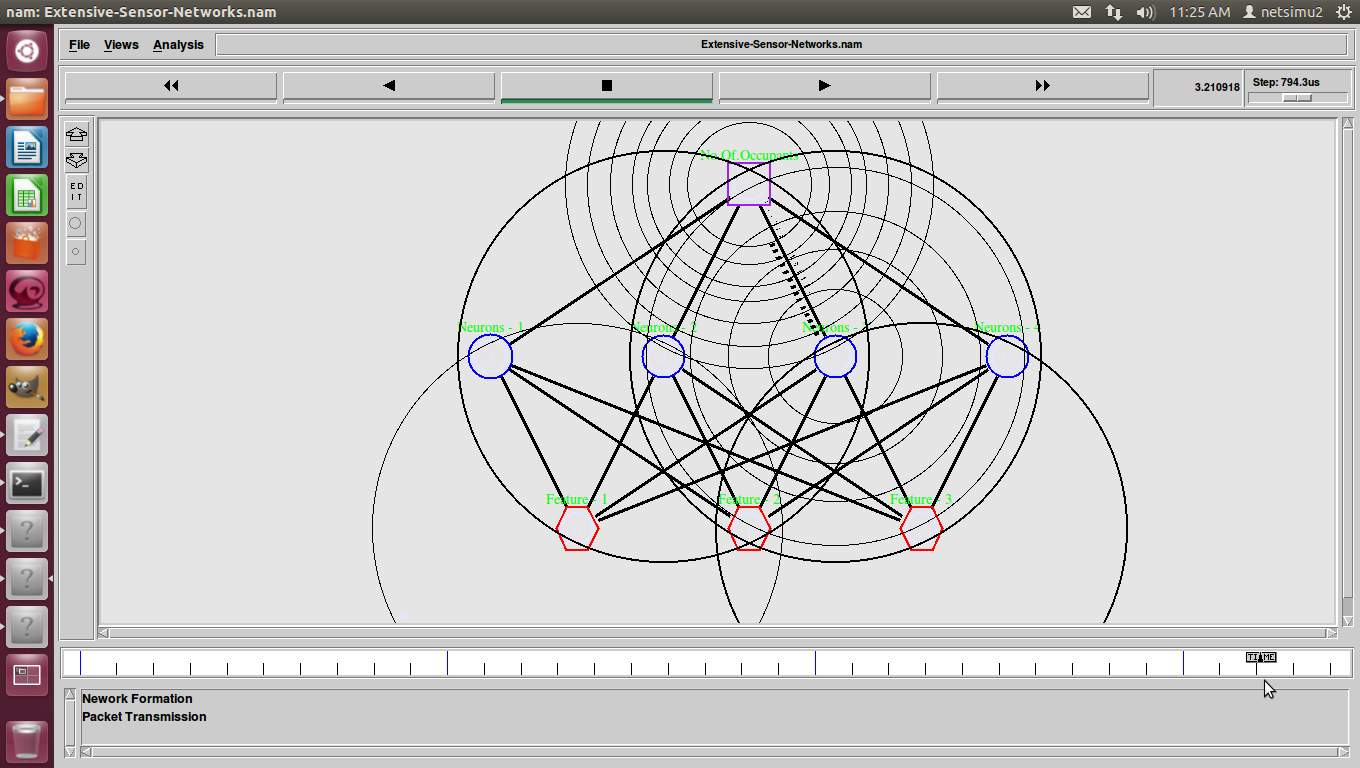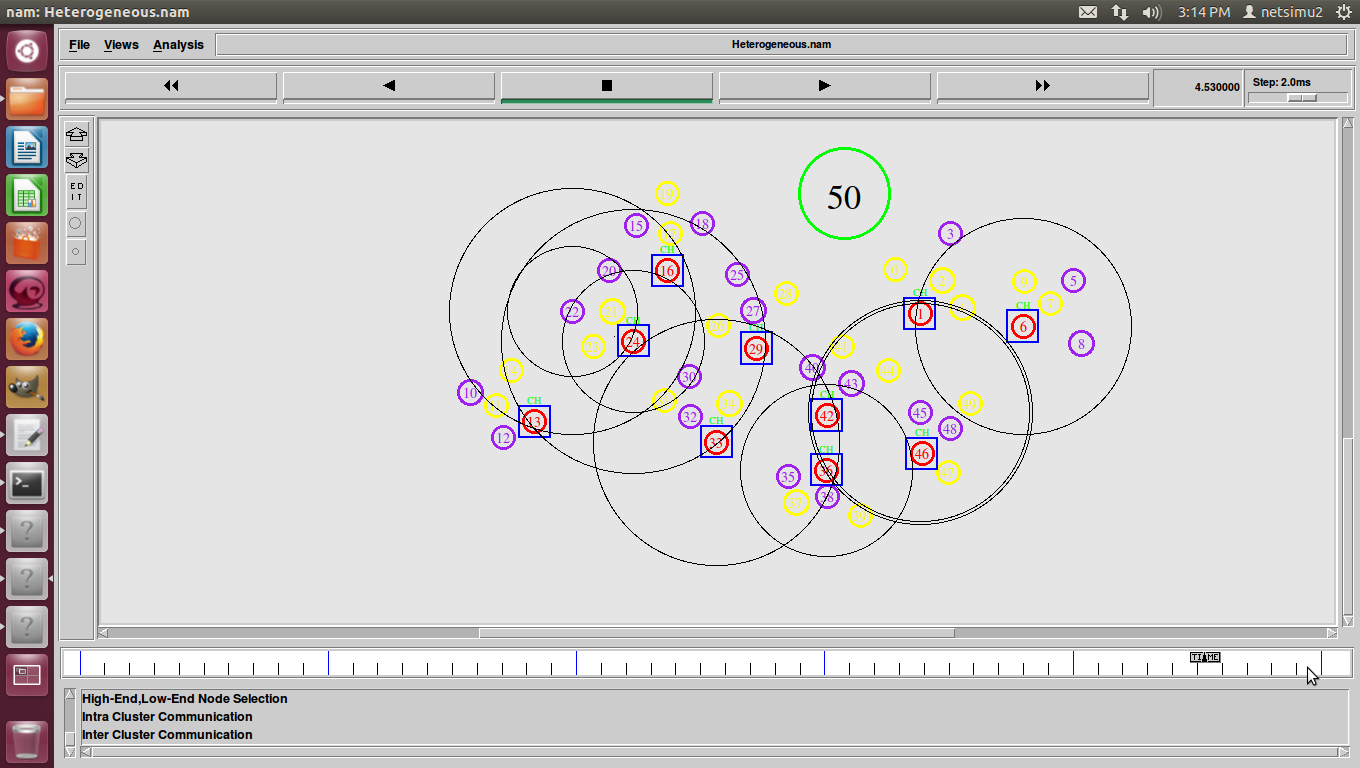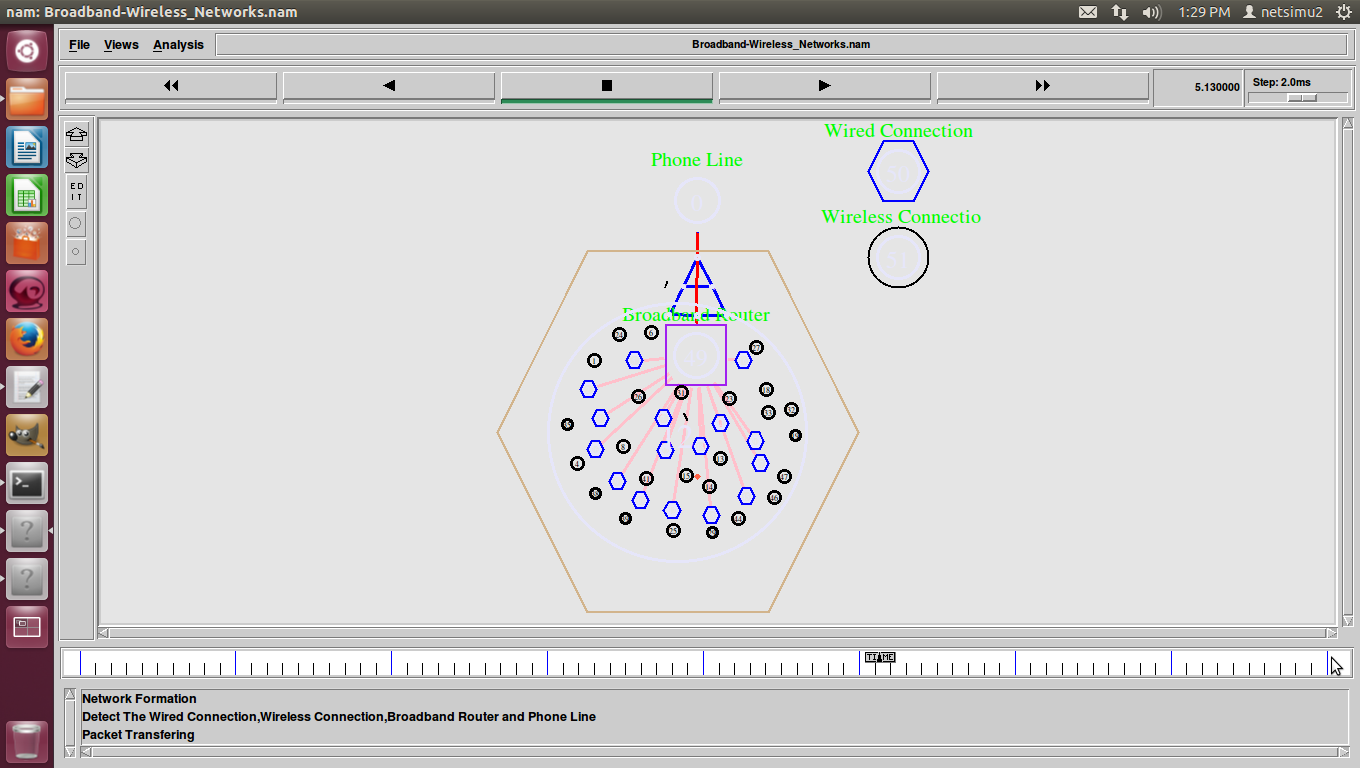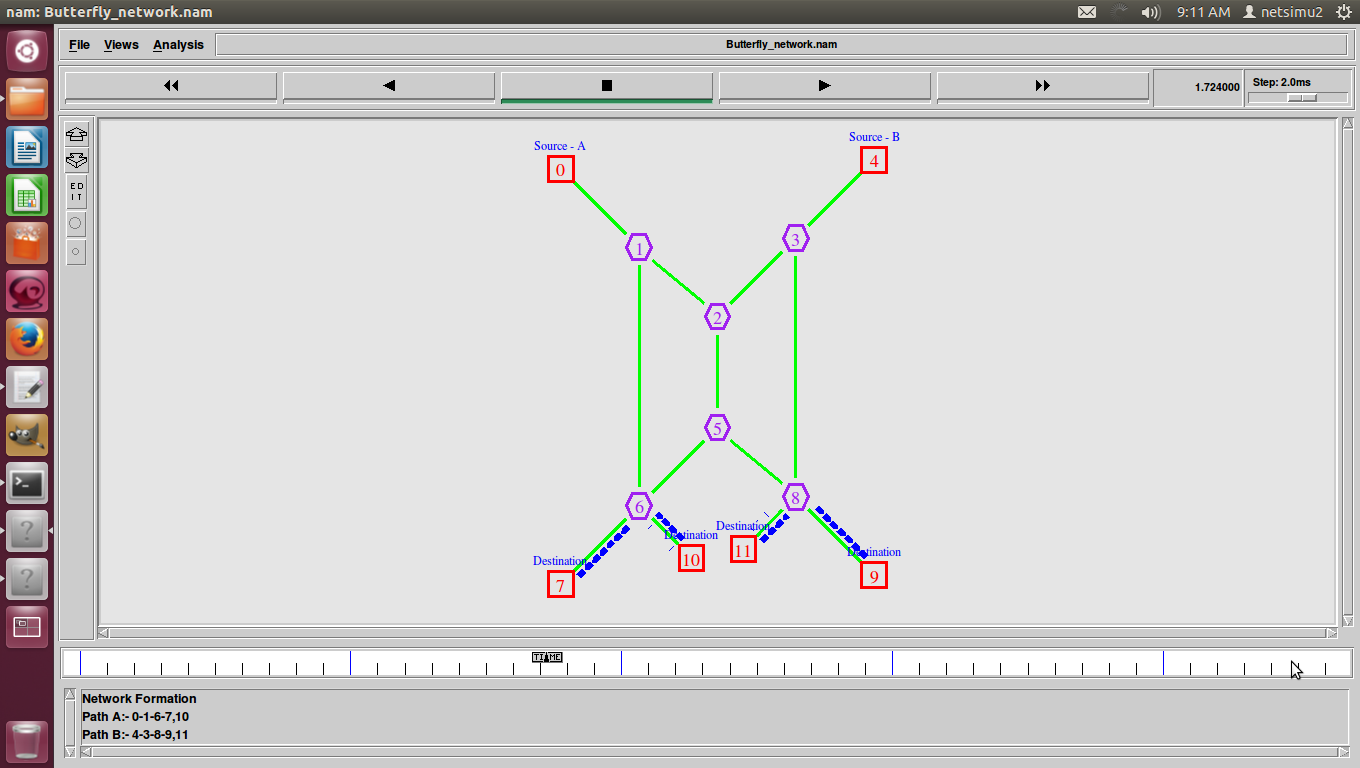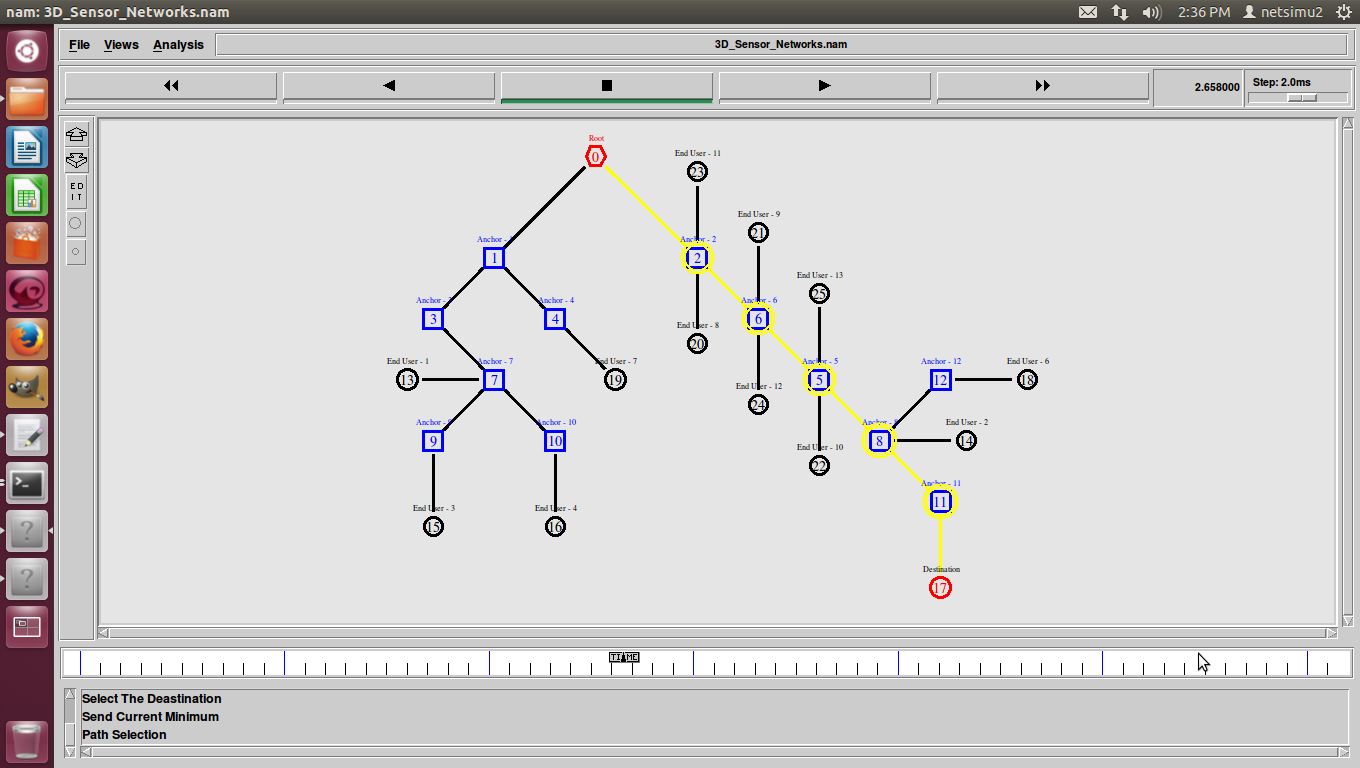EvalVid Delay in data networks is generally the round trip delay.The total time that it takes for this chunk of information, commonly call a packet, to travel end-to-end is call network delay.
Procedure to calculate Eval-Vid delay:
EvalVid delay criteria
dend-end= N[ dtrans+dprop+dproc]
where
dend-end= end-to-end delay
dtrans= transmission delay
dprop= propagation delay
dproc= processing delay
dqueue= Queuing delay
N= number of links (Number of routers + 1)
EvalVid-Delay Process
- The sendtime_ field is also to record the packet sending time.
- It can also use to measure end-to-end delay.
- The script extracts also the end-to-end delay, but it can also modify to extract the inter-frame jitter at also the sender or receiver or the cumulative jitter.
- It calculates also the PDF (probabilty density function) and also CDF (cumulative distribution function) of the delay.
- Lost packets/frames get a delay of 0. Thus, also the start of the CDF-lines is also the percentage of lost frames/packets.
Sample EvalVid-Delay code
. evalvid.conf
for mode in fx f0 p0; do
count=0
echo -n "time_[s]" > delay"_"$mode.txt
for l in $RESDIR/$mode/delay*.txt; do
printf "\tPDF_`basename $l .txt` CDF_`basename $l .txt`" >> delay"_"$mode.txt
[ $count == 0 ] && awk '{print $3}' < $l | hist - $T1_DELAY $T2_DELAY $T_STEPS | awk '{print $1}' > time.txt
awk '{print $3}' < $l | hist - $T1_DELAY $T2_DELAY $T_STEPS | awk '{print $2,$3}' > tmp.txt
[ $count != 0 ] && cp d"_"$mode.txt time.txt
paste time.txt tmp.txt > d"_"$mode.txt
count=$((count+1))
printf "%8d %s\n" $count $l
done
echo "" >> delay"_"$mode.txt
mv delay"_"$mode.txt $RESDIR
cat d"_"$mode.txt >> $RESDIR/delay"_"$mode.txt
rm d"_"$mode.txt time.txt tmp.txt
done
Download sample Ns2 program on how to calculate Evalvid-delay in a network which also causes round trip delay in a network.
Tweet





